Guides
Acts of ParliamentDevolved GovernmentHouse of CommonsHouse of LordsLegislative ProcessWhitehallPolitical PartiesPublic InterestThe Political Process Display All
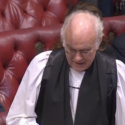

Bishops
There are 26 Bishops from the Church of England (the Lords Spiritual) who currently have an automatic right to sit in the House of Lords. Alongside, the Vatican and Iran, the UK is one of just three countries in the world, where "clerics" are automatically entitled to participate in law making.Read More
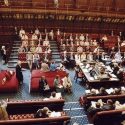

Debates in the House of Lords
Debates in the House of Lords take place on a motion to call attention to an issue. They can also take place on an 'unstarred question', for which the procedure is broadly similar.Read More
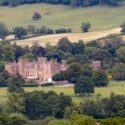

Hereditary Peers
The 1999 House of Lords Act unseated all but 92 of the Peers who had inherited their right to sit in the House of Lords by birth. Of the current 92 hereditary peers, there are no female hereditary peers.Read More


House of Lords – An Overview
The House of Lords is the second chamber of Parliament and is also called the Upper House. A short overview of its operations, membership, and history. Peers can receive a daily attendance allowance of £313, albeit some chose not to take the payment, or accept a reduced figure of £157.Read More
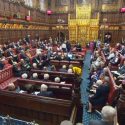


House of Lords Sitting Hours
When Parliament is sitting, the House of Lords normally meets on Mondays, Tuesdays and Wednesdays at 2.30pm and on Thursdays at 11.30am. The House of Lords does not always sit on a Friday but when it does it meets at 11am.Read More
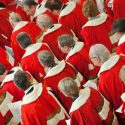

Life Peers
Life peers are elevated to the peerage by the Monarch in accordance with the advice of the Prime Minister. They comprise the 'great and the good' of the day characterised by an expertise and experience in a particular field, alongside an increasing number of former political advisors and ex MPs.Read More
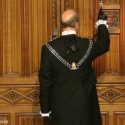

Salisbury Convention
The Salisbury Convention, sometimes called the 'Salisbury doctrine', states that the Lords will not vote down a Bill that seeks to enact a manifesto pledge on which a government was elected. Some have questioned the Convention, following the 1999 Lords Reform which removed the majority of hereditary peers.Read More
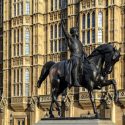

Select Committees in the House of Lords
Lords Select Committees tend to be set up to consider issues that cut across government departments, which means that they rarely overlap with the departmental select committees of the House of Commons.Read More
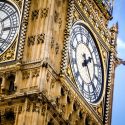

Starred Questions
Starred questions are questions for oral answer by Ministers in the House of Lords. They are called 'Starred Questions' because they appear next to a star on the order paper.Read More



Statements in Parliament
By convention, Parliament expects to be the first to be informed of important issues, including new government policy announcements and updates on developing situations.Read More
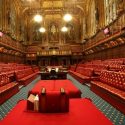

Voting in the House of Lords
Voting the House of Lords is a physical process. When a vote - or 'division' - is called, Peers literally divide into two groups, those in favour (Contents) and those against (Not-Contents).Read More
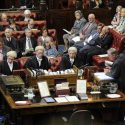

Written Questions – House of Lords
Written Questions are questions posed to the government by a Member of the House of Lords. They are designed to elicit further information and confirmation around government policy.Read More


